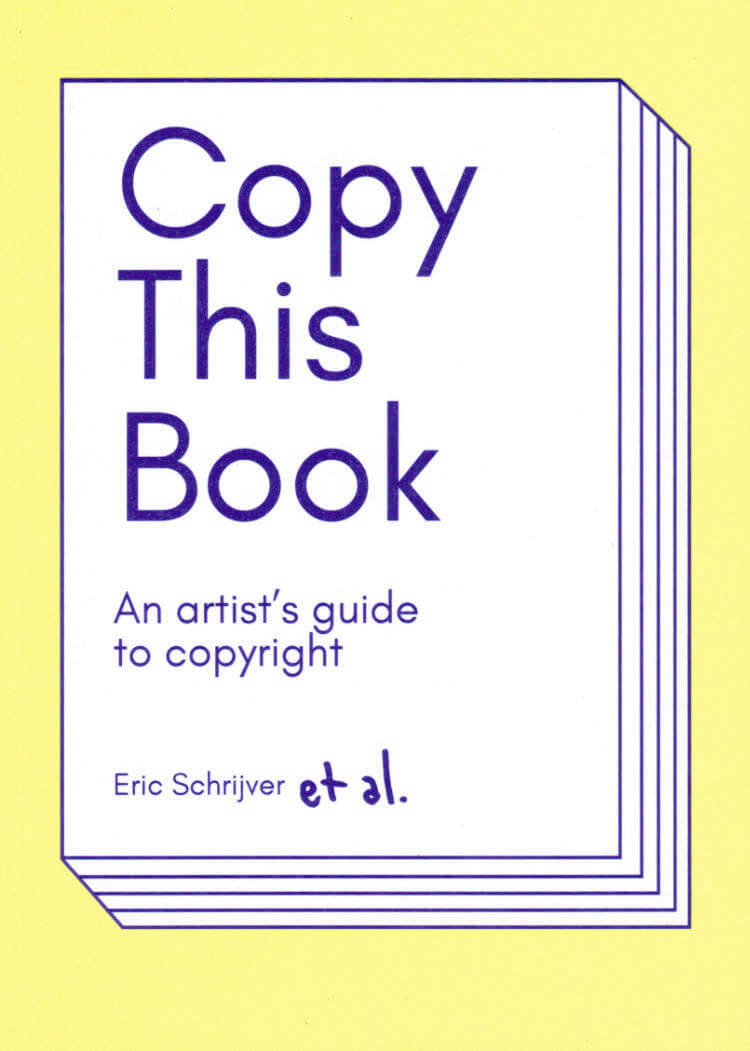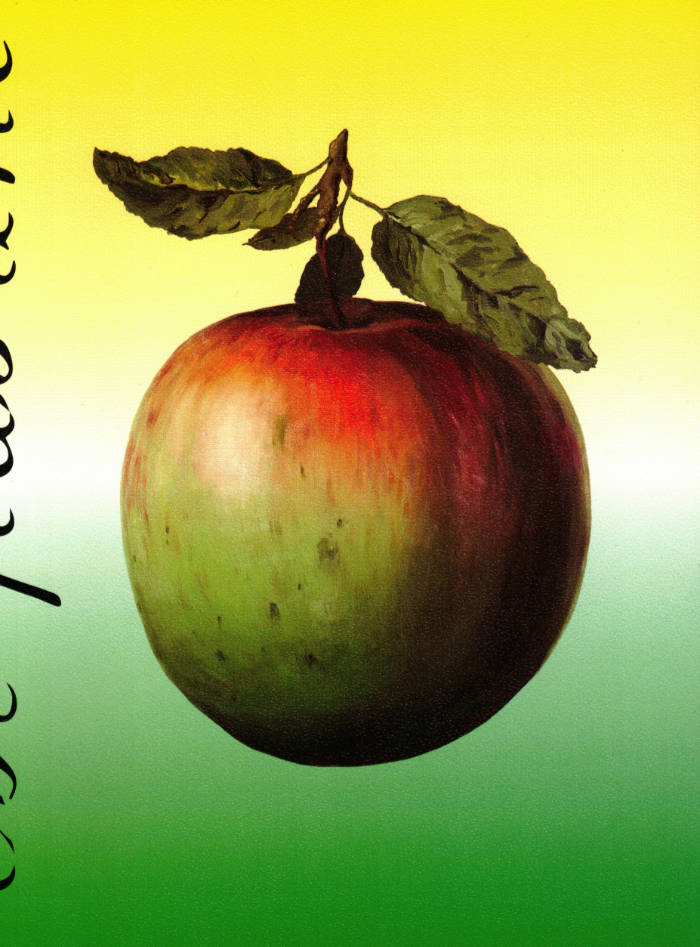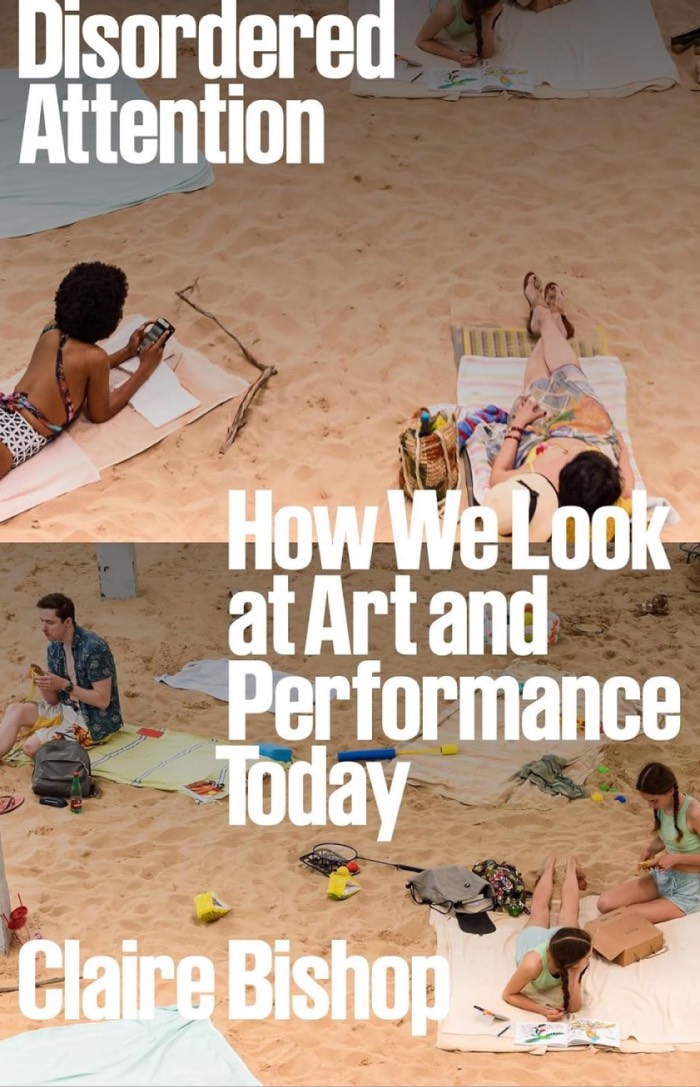What is the relation between family misfortune and desire? Why must we bury the dead? What is to come for those unburied? How to distinguish the endless stream of graphic violence from violence that goes straight to the bone? How does language make up not only the law, but also unwritten laws?
In Let Them Rot Alenka Zupančič takes up the ancient figure of Antigone and finds a blueprint for the politics of desire. Not desire as consumption, enjoying what is offered, but desire’s oblivion to what came before. Such politics says: “No, this world must end and I will be the embodiment of that end.” This is not self-satisfied destruction for destruction’s sake; it is existence with consequences beyond the predictable. Zupančič asks: “Why desire?” And this question of desire, which may be the only question, takes the form of a no that is also an “I".
"Zupančič’s ideas are fresh, as if they hailed from some open air beyond the clutter of current theoretical quarrels. This brilliant account of Sophocles’s Antigone breaks new ground for philosophy, psychoanalysis, and political and feminist theory." — Joan Copjec, Brown University
"Writing my book on Antigone, I thought: “There we go, the subject is closed—let’s go to sleep.” And then along came Zupančič with her take and compelled me to rethink everything I did. In other words—and this is difficult for me to say—she is better than me here." — Slavoj Žižek
Alenka Zupančič is a Slovenian philosopher and social theorist. She is a professor of philosophy and psychoanalysis at the European Graduate School and a researcher at the Institute of Philosophy at the Slovene Academy of Sciences and Arts. She is the author of many books, including What Is Sex? (MIT Press, 2017), The Odd One In: On Comedy(MIT Press, 2008), and Ethics of the Real: Kant and Lacan (Verso, 2000).






